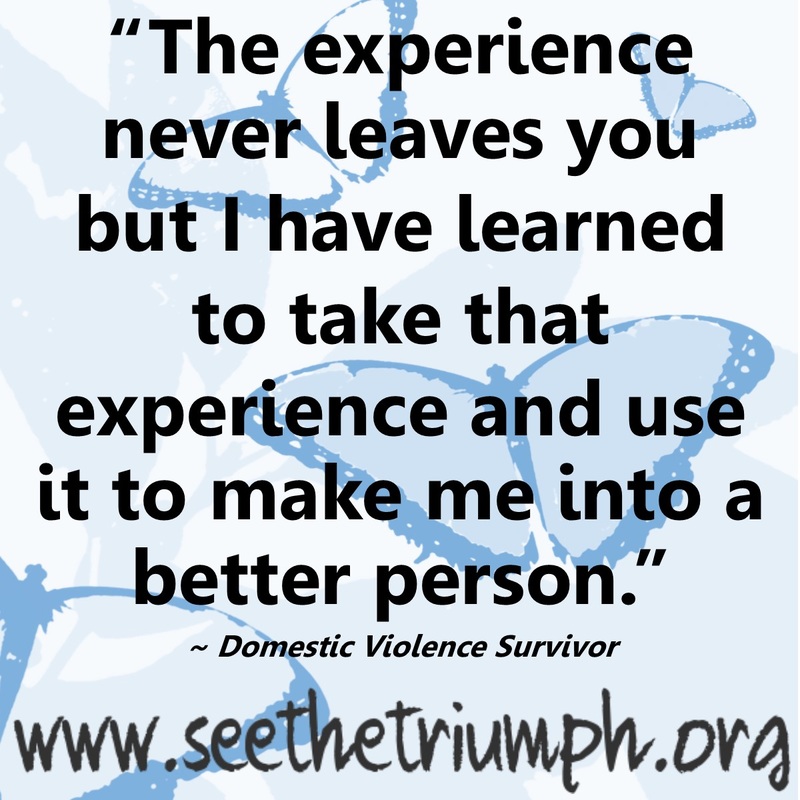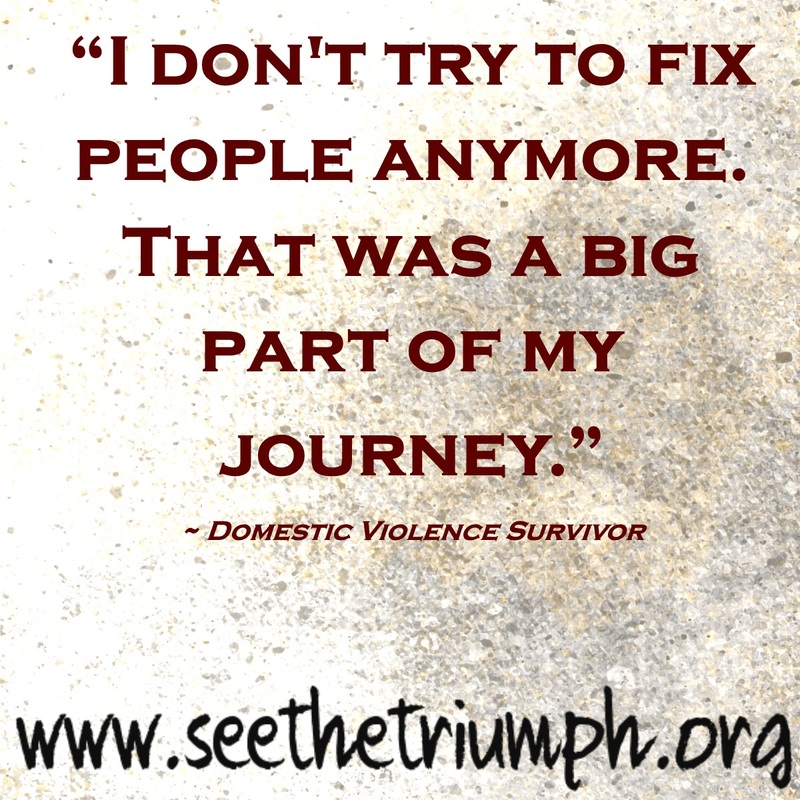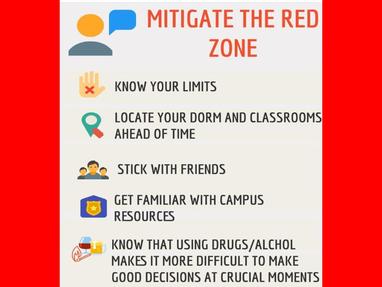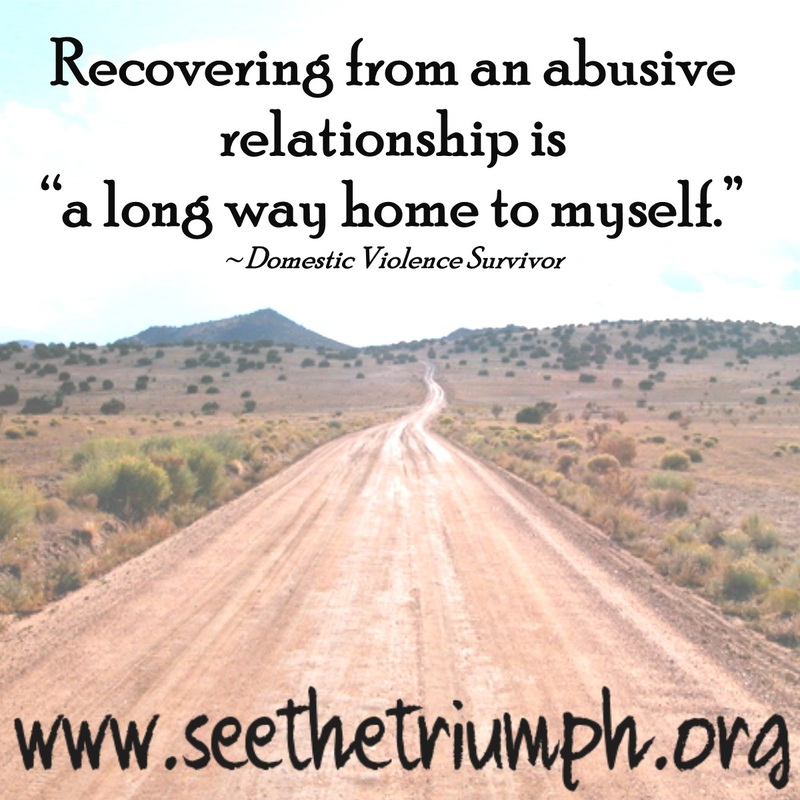|
By Sara Forcella, See the Triumph Contributor
It’s just about that time again; college students across the United States are making Target runs, stocking up on mac-n-cheese, ordering their textbooks, and loading up vehicles, ready to make the move into university housing. This is an exciting time for both parents and students alike, but it can also prove to be one of the most dangerous times for students as well. The ‘red zone’ is a term used to describe a heightened risk of unwanted sexual contact, specifically for first- and second-year women. The span of the ‘red zone’ has been debated; however, most research suggests that it may last as long as to the end of the fall semester. The Office of Community Oriented Policing Services of the U.S. Department of Justice states, “College students are the most vulnerable to rape during the first few weeks of the freshman and sophomore years. In fact, the first few days of the freshman year are the riskiest” (p. 7). The ‘red zone’ is creates a seemingly perfect storm for sexual assaults to occur. During the first few weeks, up until the end of the fall semester, incoming students are overwhelmed by an influx of new realities and are forced to quickly alter the lifestyles they had adapted over the course of the previous 18 or so years. It’s now up to the students themselves to decide how late at night will stay out, who they’ll go out with, what or if they drink alcohol, what their sexual expectations and limits are, and much more. For most students, this is the first time where they have no real parental rules; they have complete autonomy over their lives. It is also a vulnerable time for freshmen because they are not as familiar with their surroundings as upperclassmen are. They may rely on other freshmen or even upperclassmen to help them get around or figure out the college culture (Flack et. al, 2008). Relying on others to get around or understand the college atmosphere can be both tricky and at times risky. It’s important that while students work on building new friendships and relationships they rely on their instincts--trusting their gut is one of the main ways students can keep themselves safe their first few weeks on campus. Fraternity and sorority life activities also compound this increased period of danger with their “rush” weeks. It’s common for traditional fraternities and sororities to rush new members during the first few weeks of school. Typically this means that fraternities have an increased number of off-campus, parties where alcohol and drugs are easy to obtain. Due to the culture of many fraternities, this also provides an opportunity for upperclassmen to take advantage of the “naive newcomers” (Flack et. al, 2008). A 2008 study found that approximately 1 in 3 women (30 %), reported experiencing at least some level of non-consensual sexual touching during this time (Flack et. al). This number may leave parents and students feeling uneasy; however, it’s important to know that there are ways to reduce one’s risk of being a victim of the ‘red zone.’ Sexual assault or unwanted sexual contact is never a survivor's fault. Ever! The way they dress, the amount they drink, the people they choose to hang out with and their amount of previous sexual activity have no impact whatsoever on one’s victimization. A sexual assault can only ever be blamed on the perpetrator(s). Nonetheless, it’s unhelpful to simply share this information with you, potentially leaving students and parents feeling scared and disempowered. There are ways that students can prepare themselves to have a fun, and hopefully safe, experience at college during their first semester. Here are a few things that incoming students may want to do to feel more empowered over their first-year experience during the ‘red zone’:
|
Archives
July 2024
CategoriesAll About Intimate Partner Violence About Intimate Partner Violence Advocacy Ambassadors Children Churches College Campuses Cultural Issues Domestic Violence Awareness Month Financial Recovery How To Help A Friend Human Rights Human-rights Immigrants International Media Overcoming Past Abuse Overcoming-past-abuse Parenting Prevention Resources For Survivors Safe Relationships Following Abuse Schools Selfcare Self-care Sexual Assault Sexuality Social Justice Social-justice Stigma Supporting Survivors Survivor Quotes Survivor-quotes Survivor Stories Teen Dating Violence Trafficking Transformative-approaches |
Search by typing & pressing enter












 RSS Feed
RSS Feed